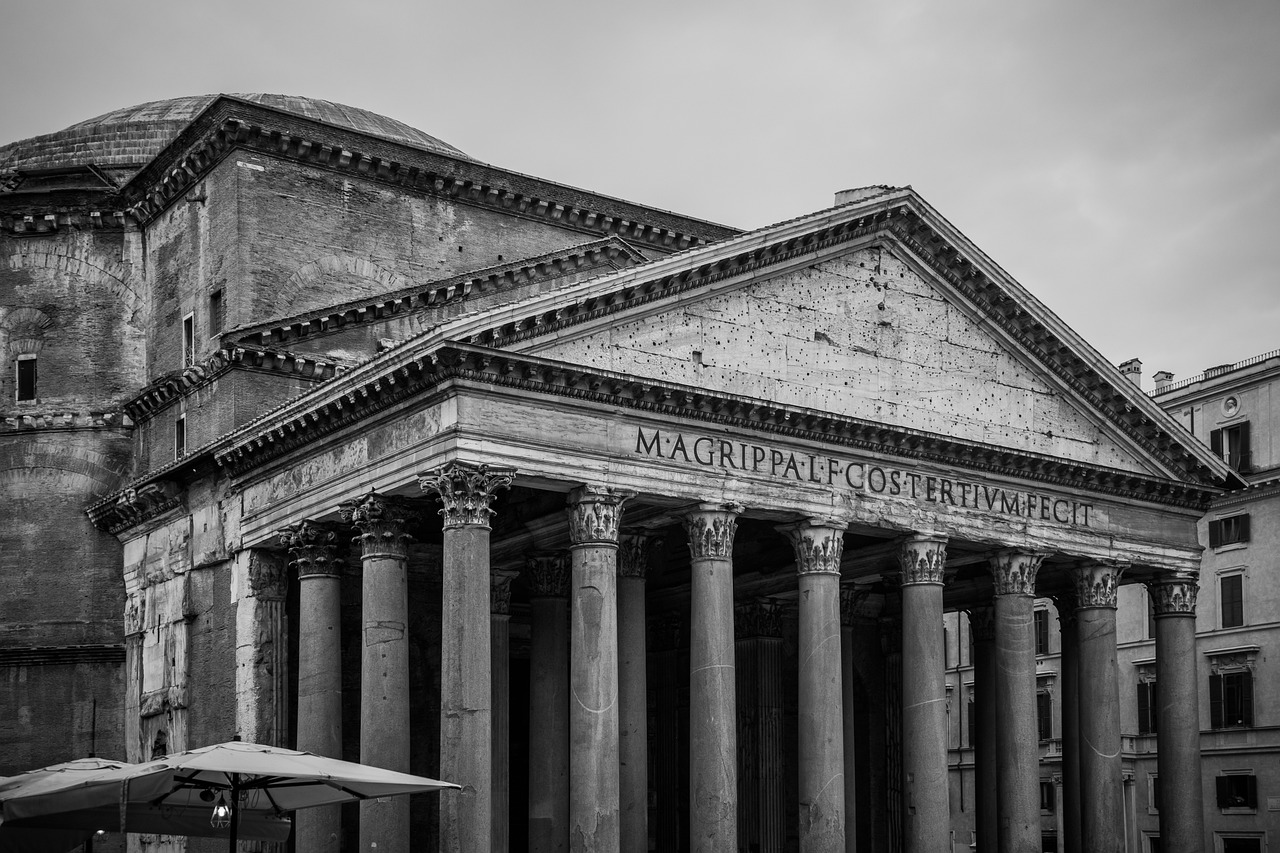Mors, the ancient Roman god associated with death, is sometimes referred to as Letum or Orcus. His presence in mythology is often aligned with the Greek deity Thanatos and the Etruscan god Charun. Although not widely honored, Mors holds a unique place in the pantheon of Roman mythology.
In artistic representations, Mors is characterized by his dark and grave demeanor, typically clad in black and wielding a scythe or sword. This imagery symbolizes his role as an inescapable force that approaches mortals at the conclusion of their earthly existence.
Despite a lack of widespread veneration, Mors was a notable figure in the belief systems surrounding death. The Romans posited that upon death, Mors would come to escort the soul to the underworld.
Additionally, there were connections made between Mors and Mars, the deity of war, indicating a Roman perception linking death closely with warfare and its consequences.
The absence of temples or dedicated cults for Mors did not diminish his significance; rather, he was honored during the Festival of the Dead on February 13th. This annual event included offerings and communal feasts in remembrance of the deceased.
Mors occasionally shared associations with Libitina, the goddess responsible for funerals and death. Libitina’s temple in Rome was a hub for funeral rites, and it is likely that Mors received acknowledgment there as well.
Additional Insights into Mors
In Roman artistic vision, Mors was depicted as a youthful figure with wings, often holding a torch or poppy—symbols of mortality. This portrayal drew parallels to Greek imagery of Thanatos.
There are instances where Mors is confused with Pluto, the Roman god reigning over the underworld, since both deities were linked to death.
Despite his limited worship, Mors appears in funerary inscriptions alongside other death-related deities. For instance, an inscription from a Roman tomb dated to the 2nd century CE reads, “To the gods of the underworld, and to Mors and Libitina, we dedicate this tomb for Lucius Caelius Optatus.”
Mors also found mention in curses or spells; one example from Roman Britain invokes him to avenge theft committed against the curse’s writer.
Interestingly, Mors was connected to the theme of sleep, which the Romans considered a temporary death. In various myths, he and Somnus, the god of sleep, were depicted as brothers, emphasizing their intertwined realms.
While typically solitary, Mors is featured in one myth alongside Venus, the love goddess. In this tale, Mors seeks Venus to accompany him to the underworld. She consents, provided that she may return annually to commemorate the festival of the Veneralia.
In conclusion, while Mors may not be a predominant deity within Roman mythology, his representation as the god of death underscores the belief that mortality is an integral aspect of human existence, with Mors at the forefront when one’s time on earth comes to an end.



